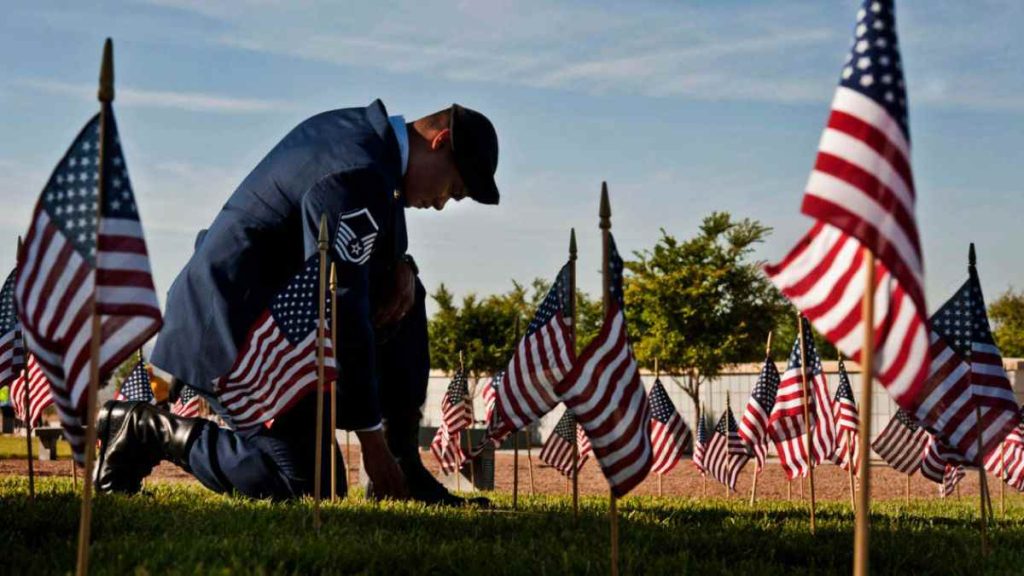The United States honors its military personnel through various observances and holidays, each with its own significance and manner of observance. Two such days, often confused with each other, are Veterans Day and Memorial Day. Both days are patriotic in nature and related to the military, but they serve different purposes and are observed in distinct ways.
Memorial Day: A Day of Remembrance
Memorial Day, observed on the last Monday of May, is a day of solemn remembrance for those who have died in military service to the United States. It is a time to honor the men and women who gave their lives while serving in the U.S. Armed Forces. The origins of Memorial Day trace back to the aftermath of the Civil War, when communities began holding springtime tributes to the countless fallen soldiers by decorating their graves with flowers and flags.
Memorial Day is marked by ceremonies at national cemeteries, the placing of wreaths and flags on graves, and moments of silence or the playing of Taps to honor the deceased. It’s a day that allows Americans to remember their fallen heroes, reflecting on their sacrifices and the cost of the freedoms enjoyed in the country. The Memorial Day Foundation explains that this federal holiday was formerly known as Decoration Day and originated from the desire to honor those who died in the Civil War.
Veterans Day: Honoring All Who Served
In contrast, Veterans Day is observed annually on November 11 and honors all those who have served in the U.S. military, whether they are living or have passed away. Unlike Memorial Day, Veterans Day is not just a day of remembrance, but also a day of gratitude. It is an opportunity for Americans to publicly acknowledge the contributions and sacrifices of all veterans—those who are still with us and those who are not.
The date of November 11 holds historical significance as it marks the anniversary of the end of World War I. In 1918, the armistice with Germany went into effect on the eleventh hour of the eleventh day of the eleventh month, thus ceasing hostilities. Originally known as Armistice Day, the holiday was later renamed Veterans Day to include all veterans, not just those who served in World War I.
Veterans Day is typically observed with parades, ceremonies, and other public events. It is also common for businesses and restaurants to offer special deals or free meals to veterans as a way to say thank you for their service. The U.S. Department of Veterans Affairs highlights that Veterans Day is a time for honoring military personnel who served in the United States in all wars, particularly living veterans.
The Importance of Differentiation
Understanding the difference between Memorial Day and Veterans Day is important for proper observance and to show respect to service members past and present. Memorial Day is a day of mourning and reflection, primarily focused on those who have lost their lives. Veterans Day is a broader celebration of gratitude towards all who have worn the uniform of the U.S. military.
Both holidays serve as reminders of the bravery and the sacrifice of military personnel and their families. They are crucial components of national identity in the United States, fostering a sense of historical awareness and national unity. By recognizing the distinct purposes of each day, individuals can honor and remember the military community appropriately and with the respect they deserve.



